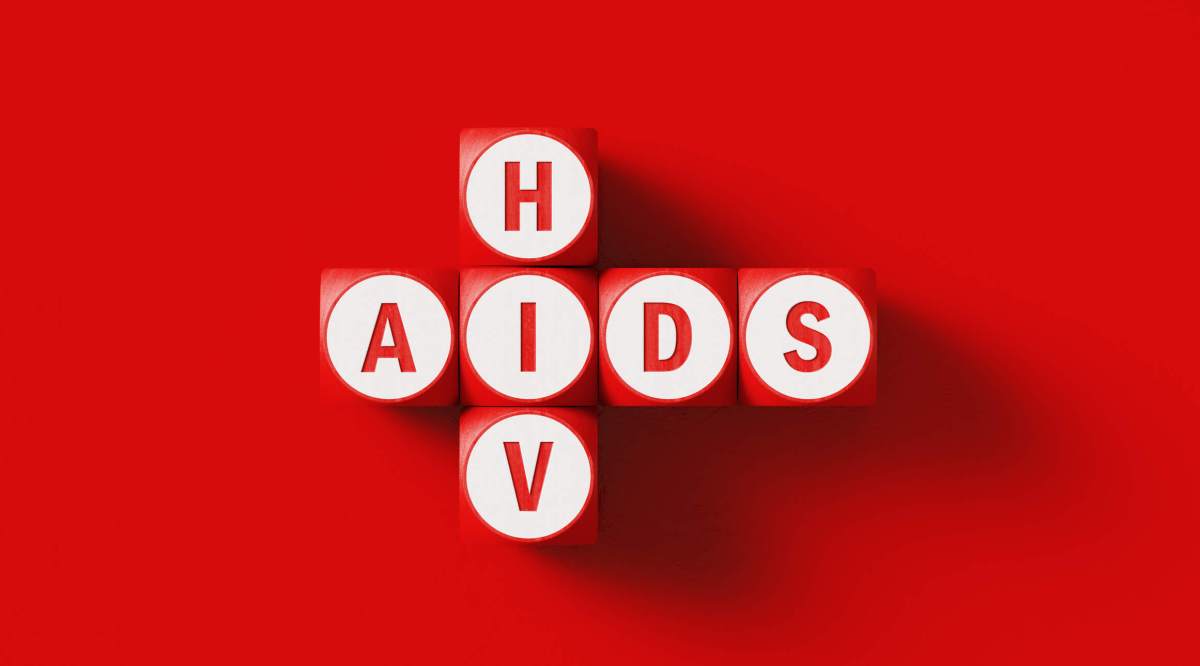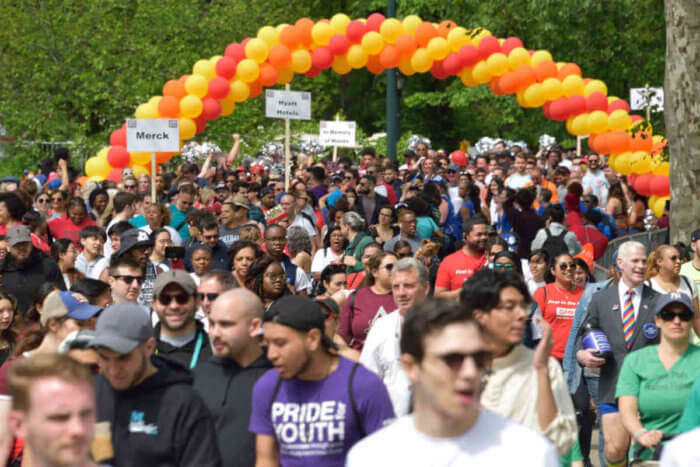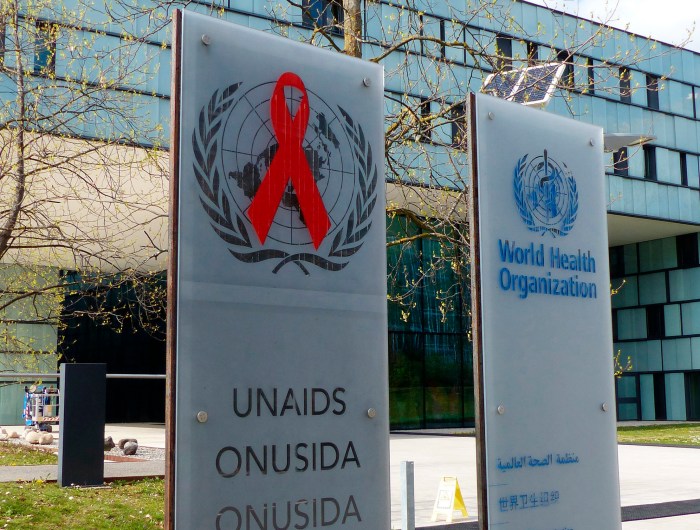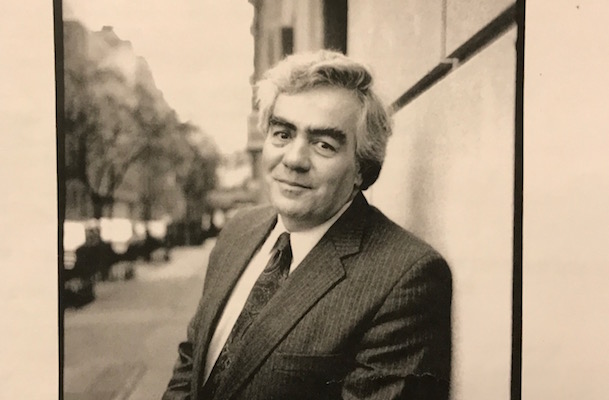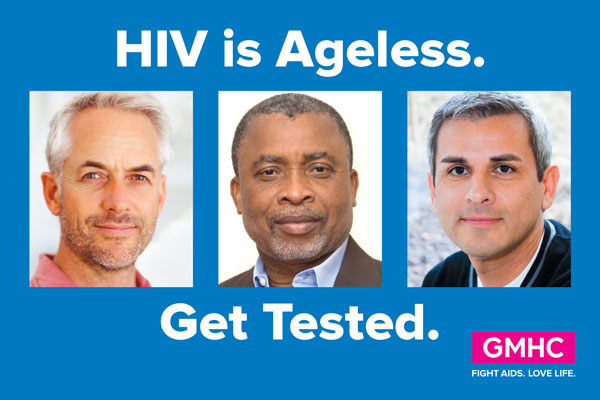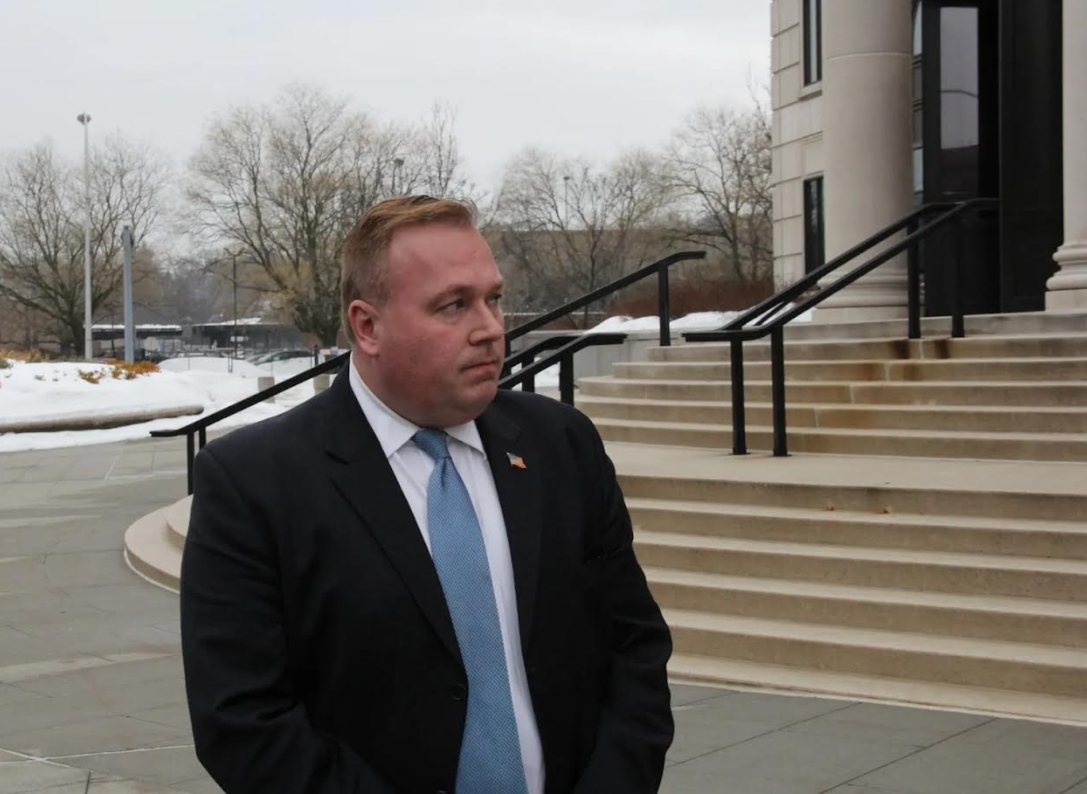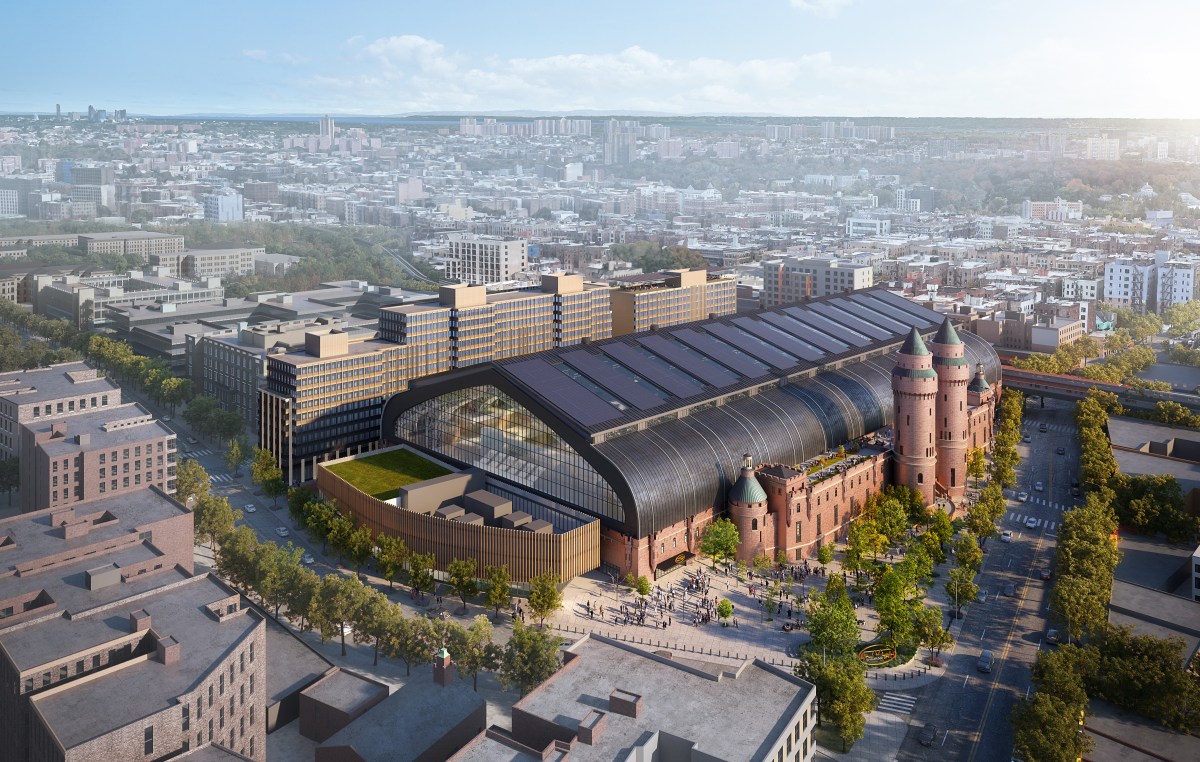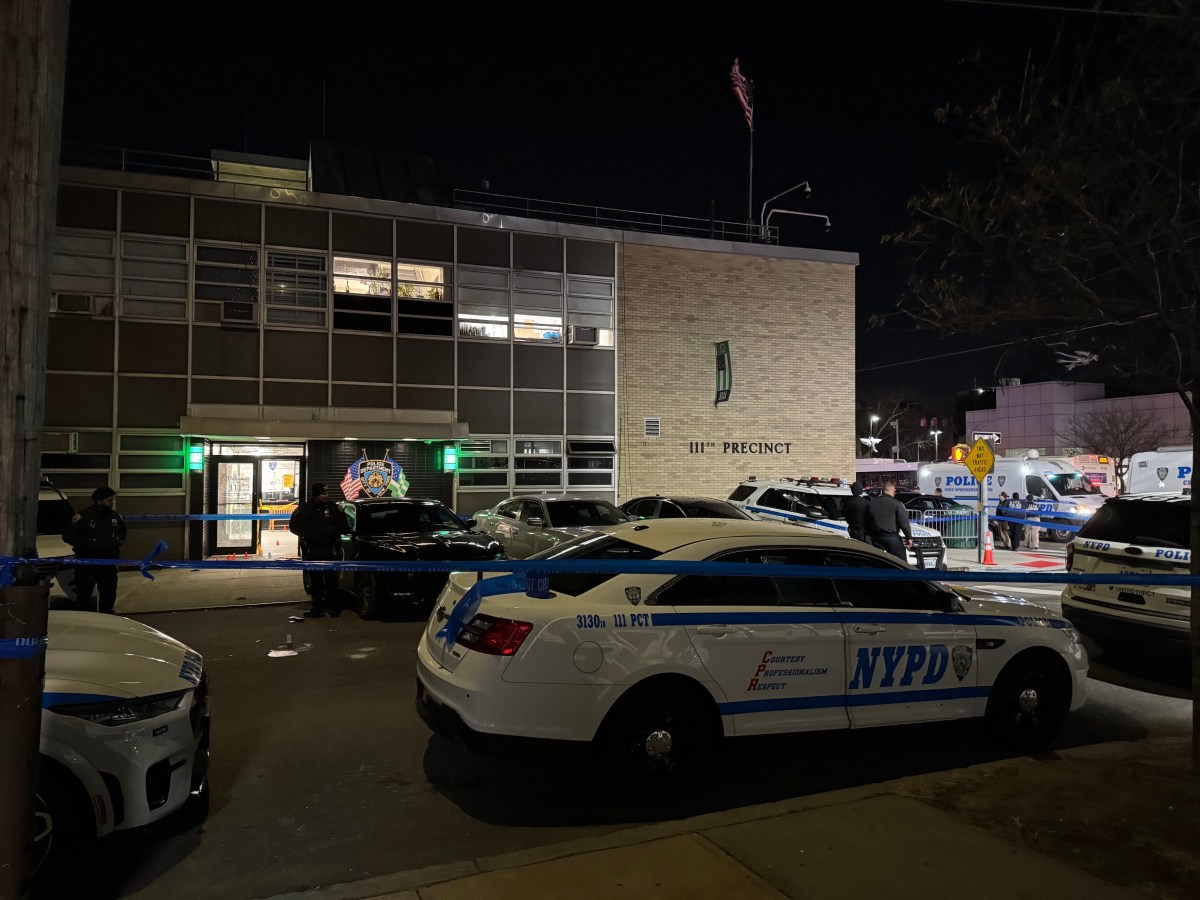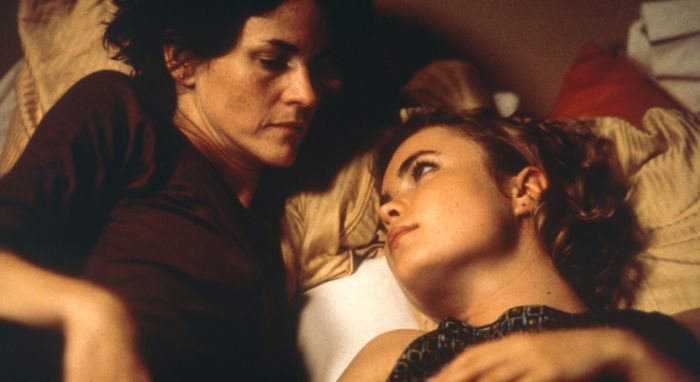Over a decade ago, I was diagnosed with HIV/AIDS—a new reality that made me feel like my entire world had fallen apart. But as I reflect back on the past decade this World AIDS Day, I wouldn’t change a thing.
At the time of my diagnosis, I was homeless and sleeping at Penn Station just two years into my new life in New York City, where I had moved from Puerto Rico to restart my life. Living on the streets led to me being sexually assaulted, which I believe is how I got HIV.
I thought my life was over. I asked the medical professionals who tested me: ‘What’s going to happen now?’ That holiday season was mired with the stress of waiting for what would come next.
Despite the chaos life had thrown at me, something in me said not to give up and to keep moving forward. I thought of my parents back in Puerto Rico and hoped to make them proud.
The good will of a passerby at Penn Station gave me a place to stay for a few weeks that winter. With a hot shower and a friendly push to start looking for shelter, I was soon on medication and in touch with organizations to try to get an apartment and health insurance.
I got medication for my illness. But still, I felt like I was just a number—the Medicaid identification number. Without a consistent address, getting medicines from the pharmacy was tough. I wasn’t able to see a doctor consistently to know if my medication was doing its job. As for consistent mental health care? Forget it.
Five years of this was a rough path. Sometimes I felt like giving up on a better life. Then, a friend connected me to Alliance for Positive Change, a local nonprofit that helps New Yorkers living with chronic illnesses like HIV/AIDS. I was skeptical at first; was I going to just be another number? I had a consultation with Alliance. The very next morning, my new case manager called me. He set up an appointment with a primary care provider. I got linked up with a dentist and an eye doctor—even opportunities for education through Alliance’s Positive Life Workshop and Peer Recovery Education Program.
This was a turning point. I had the chance to get back into the workforce, learn, and find a new path forward in New York City.
In my newfound career as a peer educator, now I tell others about practicing safer sex or using HIV-preventive medicine like PrEP. I’ve learned about harm reduction, like using clean needles when injecting drugs, and now pass on the knowledge to others. My experience with HIV informs how I help others navigate their own personal journey with the virus.
As the COVID-19 pandemic continues, I hope this World AIDS Day that New Yorkers will remember the other epidemic that continues to spread in our city and country.
The bulk of people in the U.S. diagnosed with HIV are Black (42%) and Hispanic (29%), and 83% of new diagnoses were gay or bisexual boys and men ages 13 to 24 (NYSDOH, 2019). These new HIV cases in people of color are due primarily to systemic racism and healthcare access inequities. We need more programs like Alliance to offer services that help people at risk for HIV and at risk for COVID to receive the care and treatment they need, regardless of immigration, language spoken, lifestyle, identity, substance use or other health challenges.
I know that new HIV diagnoses are going down in New York City, but we still are dealing with COVID-19, and now our work is to end both pandemics.
And like I carried on all those years before, I’m optimistic about the future. Having Alliance on my side gave me motivation to stand up on my own two feet. My recovery process taught me how to enjoy life. We have a long way to go to end the HIV epidemic, yet so much to celebrate about what we’ve accomplished so far.
Luis Viera is a graduate of the Peer Recovery Education Program and now a Health Home Peer at Alliance for Positive Change.



